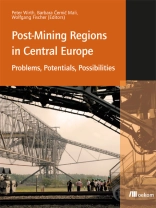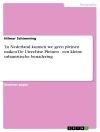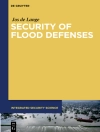This volume is about post-mining regions in Central Europe, where people have taken up the challenge of overcoming the crisis provoked by the cessation of mining. Although the situation in these regions is mostly difficult, the book is not about decline and desperation. It is about concepts and strategies for shaping new perspectives at the beginning of the 21st century. It is about people who envisage new leisure attractions where excavators left a lunar landscape a few years ago, who create new technology centres on the sites of abandoned processing plants, and who plan to extract clean energy from mine-water flowing hundreds of meters under the surface; people intent on exploiting so-called ‘post-mining potentials’ – the central topic of this volume. After more than three years of common research, a group of scientists from Austria, the Czech Republic, Germany, Hungary, Poland, and Slovenia present an overview of the current situation and development perspectives in seven post-mining regions of Central Europe. They show that sustainable post-mining development is a highly relevant subject in our times. Despite the innumerable problems, a positive conclusion can be drawn: change is possible, and cooperation across the borders of European countries can contribute to its success.
A propos de l’auteur
Peter Wirth is a project coordinator in the Leibniz Institute of Ecological Urban and Regional Development in Dresden/Germany. He is focused on regional development in Europe, regionalcooperation and governance.
Barbara Cernic Mali works as a senior researcher and a project manager at the Urban Planning Institute of the Republic of Slovenia. Her main fields of expertise are regional development, economicand spatial regeneration, brownfield revitalization and housing.
Wolfgang Fischer has been a member of the scientific staff of the Institute of Geography and Regional Science at University of Graz/Austria since 1990. His fields of research are the environmentand regional development.












